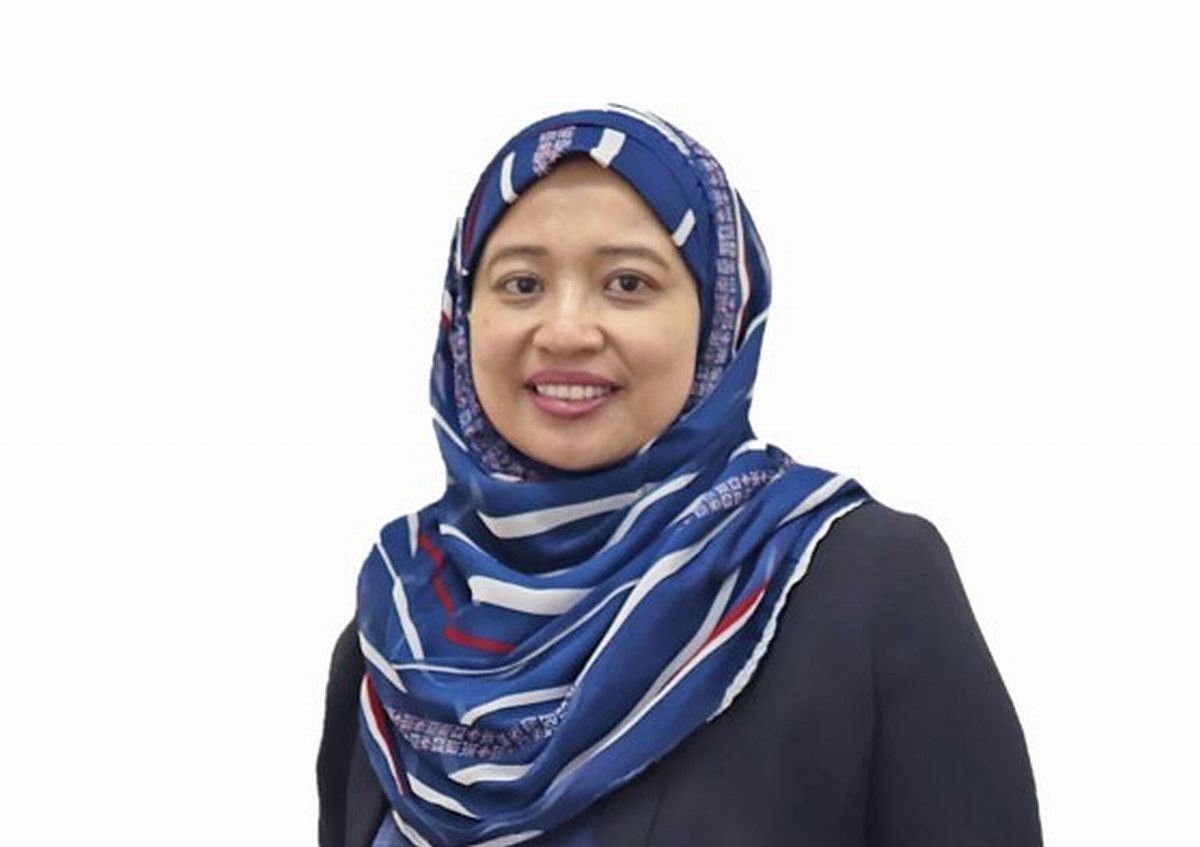In Malaysia, like in many other countries, period poverty is a significant concern. Period poverty refers to the lack of access to menstrual products, proper hygiene facilities, and education related to menstruation.
According to the findings from the Kotex Period Poverty and Stigma study conducted in 2022, it was revealed that more than one in two female students in Malaysia want to skip school when they are going through their period.
Malaysia introduced the Multidimensional Poverty Index (MPI) to address various dimensions of poverty, including health, education, living standards, and income. However, there is still a need for more comprehensive support for women facing period poverty.
Stigma And General Perception Of Menstruation
Throughout history, menstruation has been shrouded in stigma and misconceptions. It is often considered a dirty and unpleasant subject, leading to women feeling trapped, isolated, and weak during their periods.
Many cultures impose restrictions and taboos during menstruation, forcing women to keep out of sight and refrain from routine household work.
Such stigma impacts women’s physical and mental health, hinders open discussions about menstrual health, and perpetuates misinformation.
The period has been viewed as disgusting, dirty, and inauspicious in many cultures, often forcing women to stay away from communal or family dwellings.
As soon as puberty hits, women are taught not to openly discuss their periods.
When they need a pad, it is customary to discreetly ask another woman in a hushed tone, often tucking it away in a pocket or hiding it from view.
A stigma-free environment is crucial to enable women and girls to manage their periods with dignity and to ensure they are not discriminated against in schools and the workplace.
The Importance Of Proper Menstrual Hygiene
Poor menstrual hygiene can have severe health consequences, including reproductive and urinary tract infections that may lead to future fertility issues and birth complications.
The lack of proper knowledge about menstrual hygiene can also contribute to misinformation and create a culture of silence surrounding menstruation.
This ignorance can lead to significant health risks, such as urogenital infections, yeast infections, urinary tract infections, cervical cancer, and toxic shock syndrome (TSS).
Yeast infections, particularly vaginal yeast infections, can occur in girls who have reached puberty. Hormonal changes during puberty can lead to an increased risk of these infections.
While yeast infections are more commonly associated with adults, they can still occur in younger girls.
In fact, a report by the Centers for Disease Control and Prevention (CDC) in the United States estimated that about 75 per cent of women will get at least one yeast infection in their lifetime.
TSS is a potentially life-threatening condition associated with tampon use and requires immediate medical attention.
When To Seek Medical Attention?
While experiencing heavy bleeding during menstruation is considered normal to a certain extent, certain symptoms warrant medical attention.
If a woman faces irregularities in her menstrual cycle, such as prolonged bleeding for more than seven days per period, excessive bleeding requiring frequent tampon or pad changes, itching, burning around the vaginal area, bloating, or pelvic pressure, it is essential to seek medical advice promptly.
It is advisable to schedule a visit to a gynaecologist regularly for routine screenings or seek consultation if they experience symptoms such as pelvic, vulvar, vaginal pain, as well as abnormal uterine bleeding.
Other menstrual disorders also include fibroids, endometriosis, adenomyosis, and polycystic ovarian syndrome (PCOS).
Menstrual Education For All Genders
To combat period poverty and break the stigma surrounding menstruation, comprehensive menstrual education is crucial.
Educating both women and men about menstruation helps foster a supportive environment that empowers women and promotes understanding among all genders.
Menstrual education can raise awareness about the importance of proper facilities, hygiene products, and the physical and emotional aspects of menstruation. With proper education and awareness, men will be more empowered to act.
Small steps such as advocating for clean toilets, encouraging open discussions about menstruation and fostering a period-positive environment bring huge impacts. Learn to be understanding and empathetic towards women experiencing menstruation.
This includes being sensitive to any challenges or discomfort they may face during this time.
Ending period poverty will require a collective effort – from raising awareness and education to advocating for policy changes, dismantling taboos and dispelling myths. Together, we can put an end to period poverty.
Dr. Azizah Rusly is an obstetrician and gynaecologist at Aurelius Hospital Nilai.
- This is the personal opinion of the writer or publication and does not necessarily represent the views of Ova.












